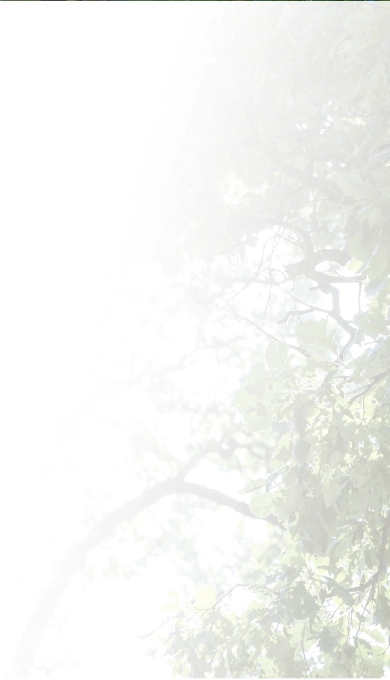Every day, our community aims to serve others, dream big, act globally, and search for meaning. In other words, we stay true to our institution’s mission and vision.
- Mission: An inclusive, Catholic, and diocesan community of learners, St. Ambrose University empowers all Ambrosians to act courageously, to seek wisdom through faith and reason, to work for justice and to lead lives of service.
- Vision: St. Ambrose University will be a vibrant, sustainable, and learner-focused model for Catholic higher education, preparing individuals from all walks of life to lead lives characterized by courage, wisdom, justice, and service.

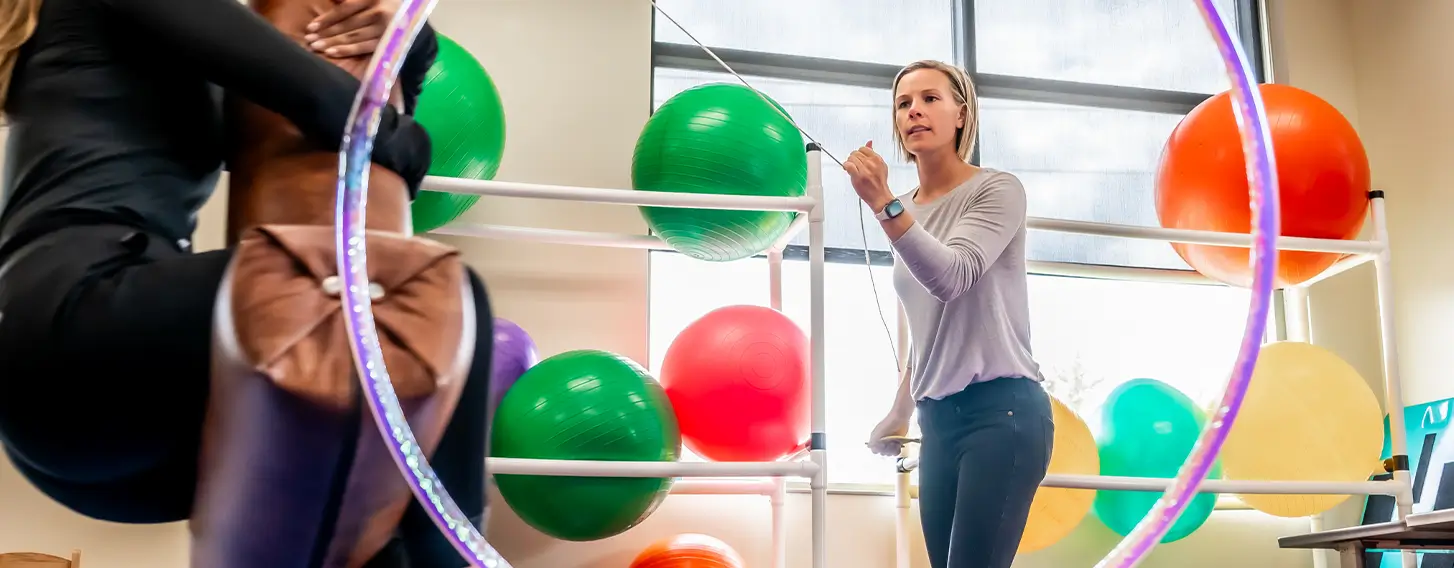
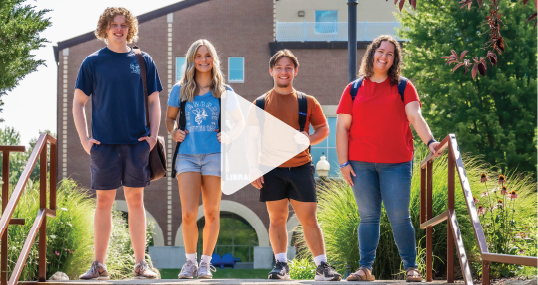
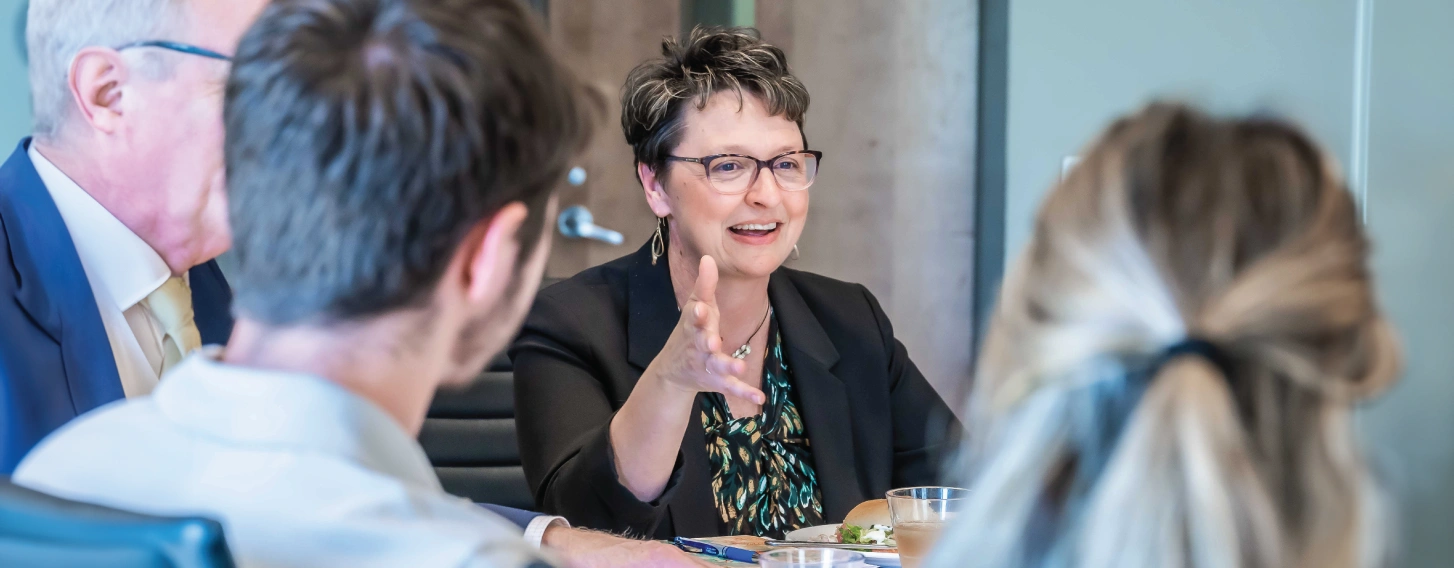

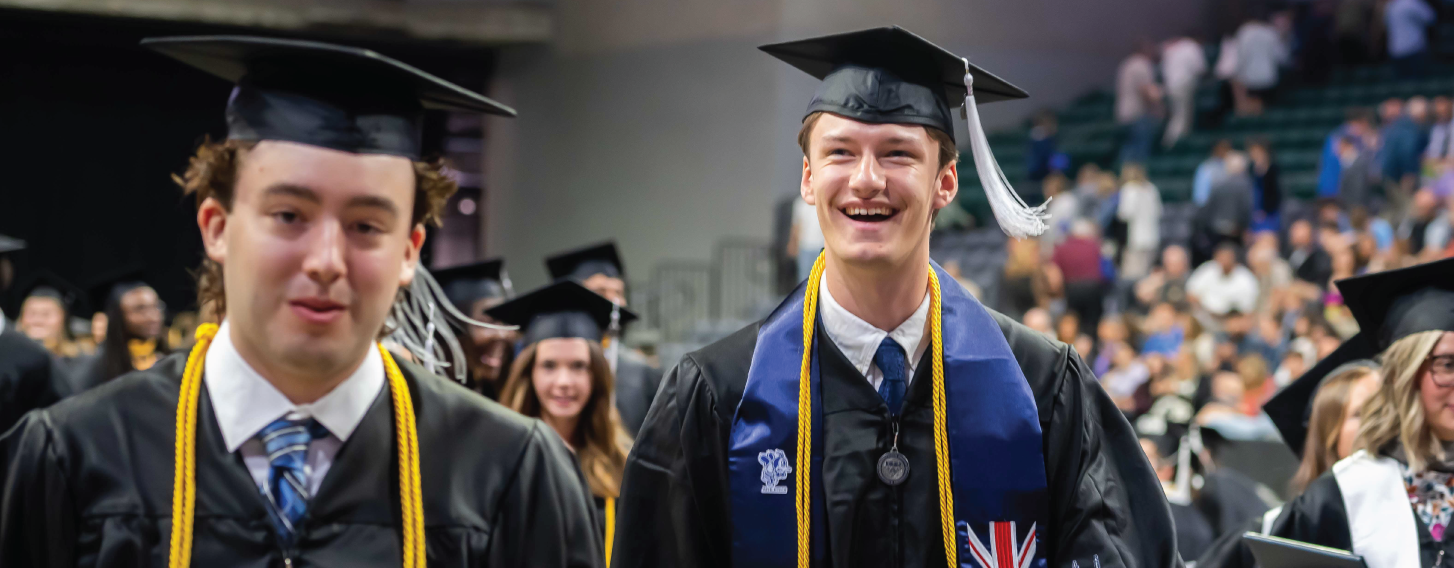
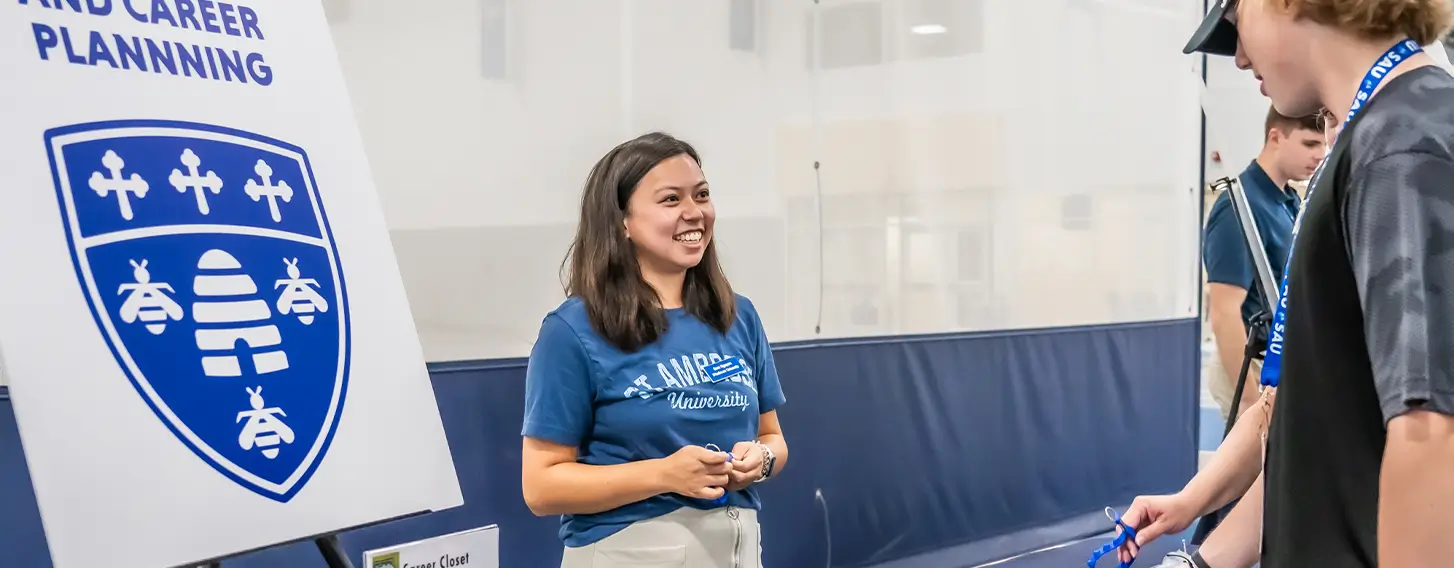

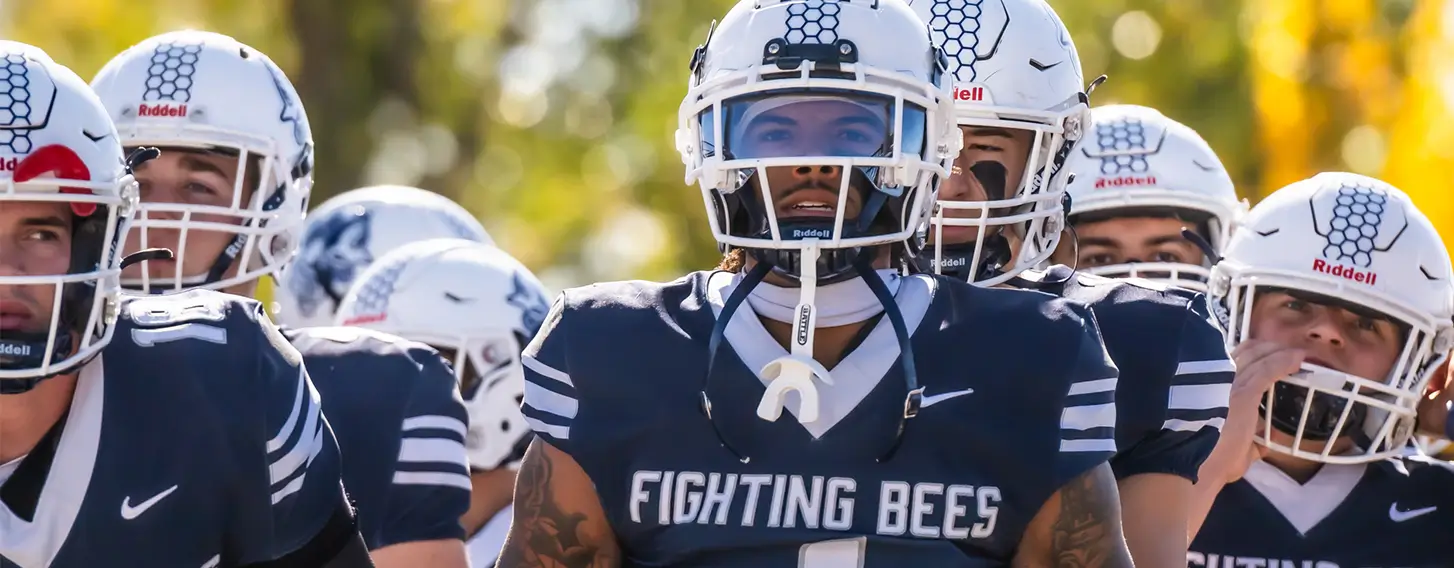
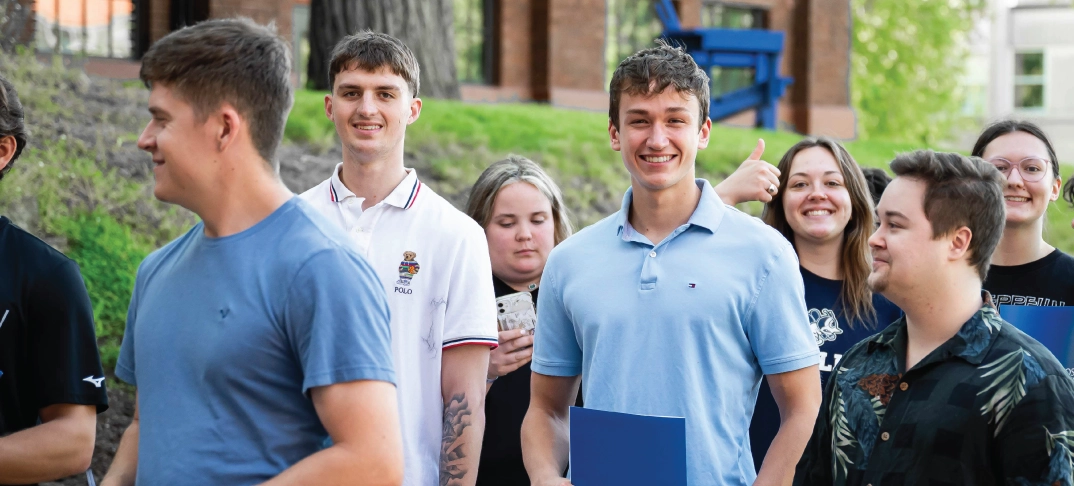
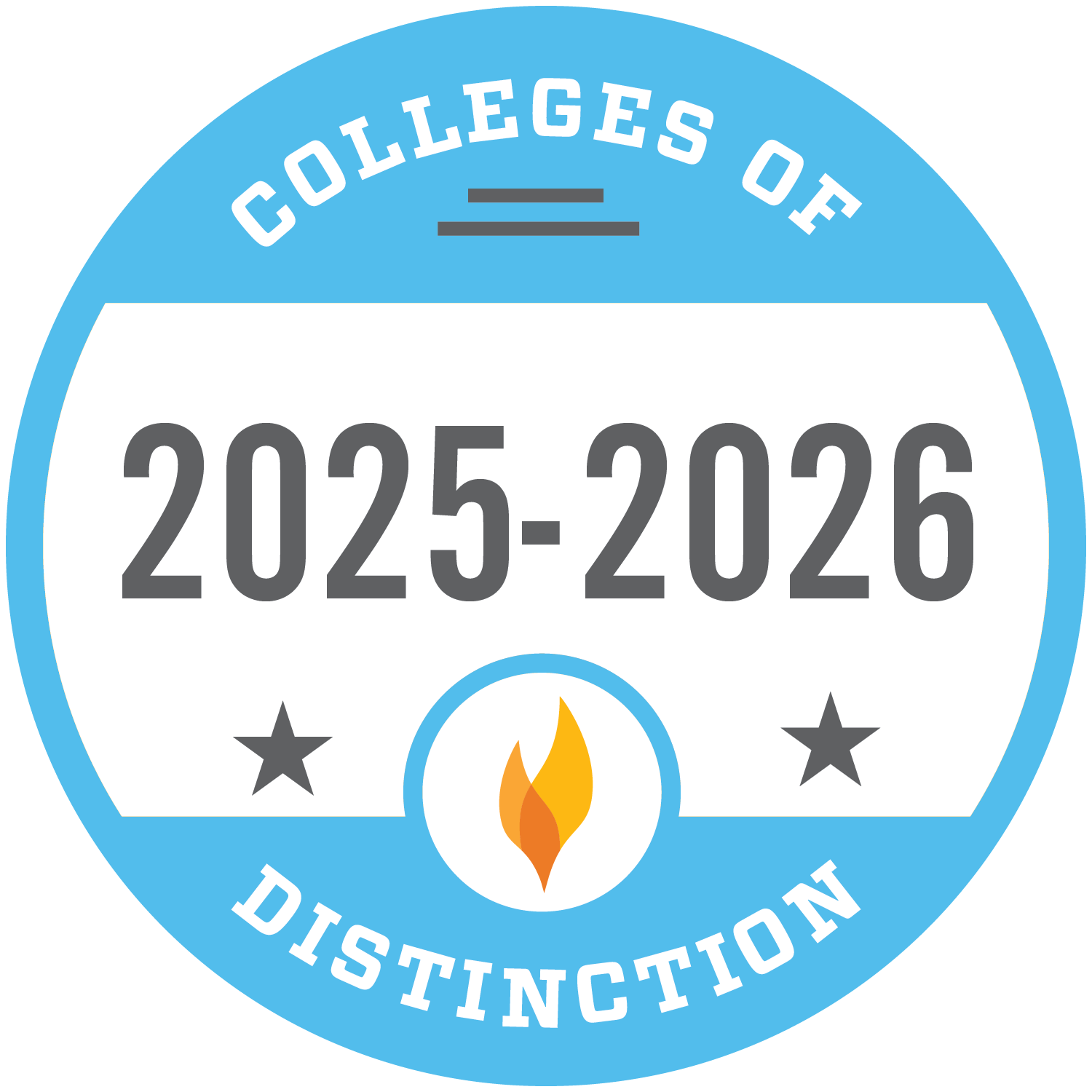
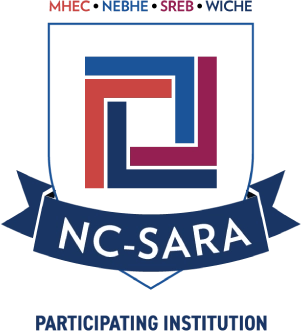
.png)



